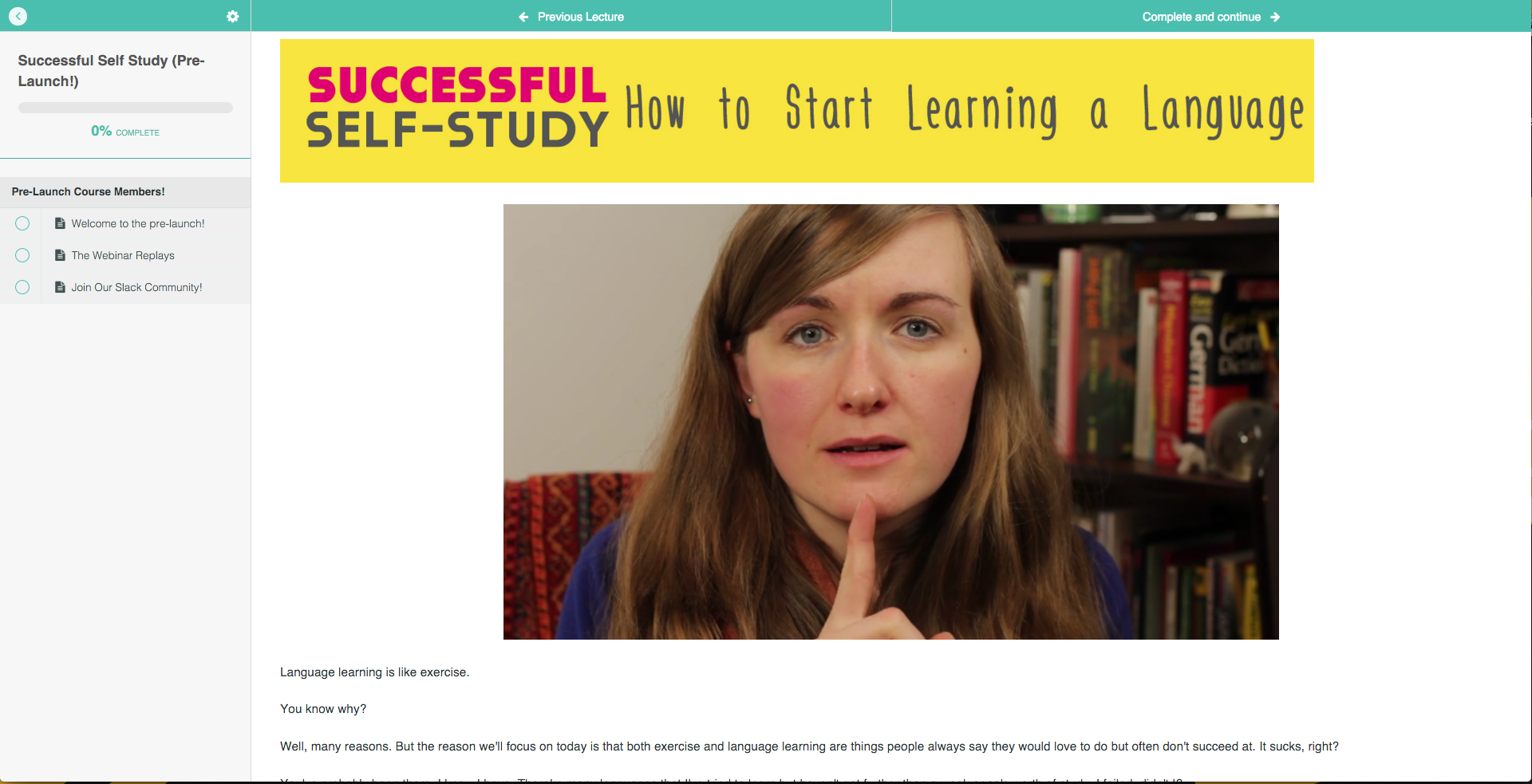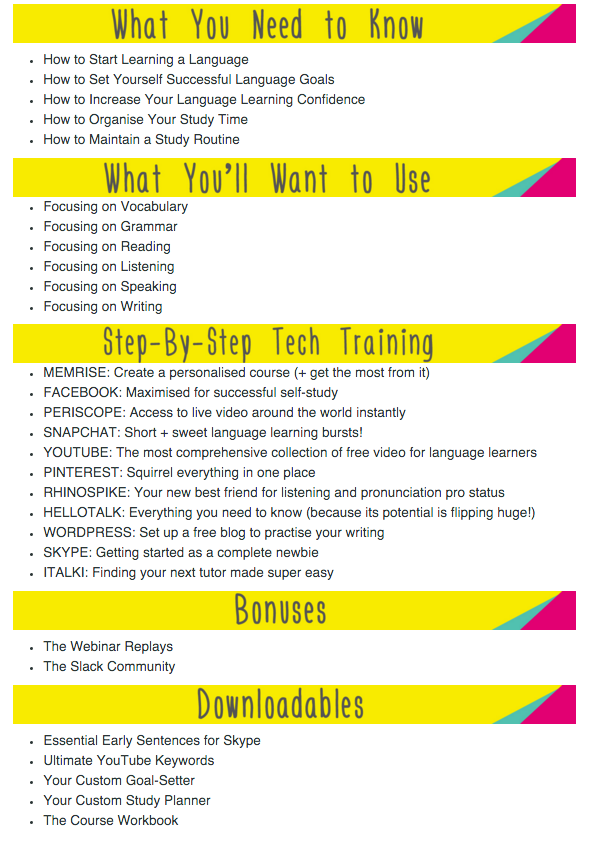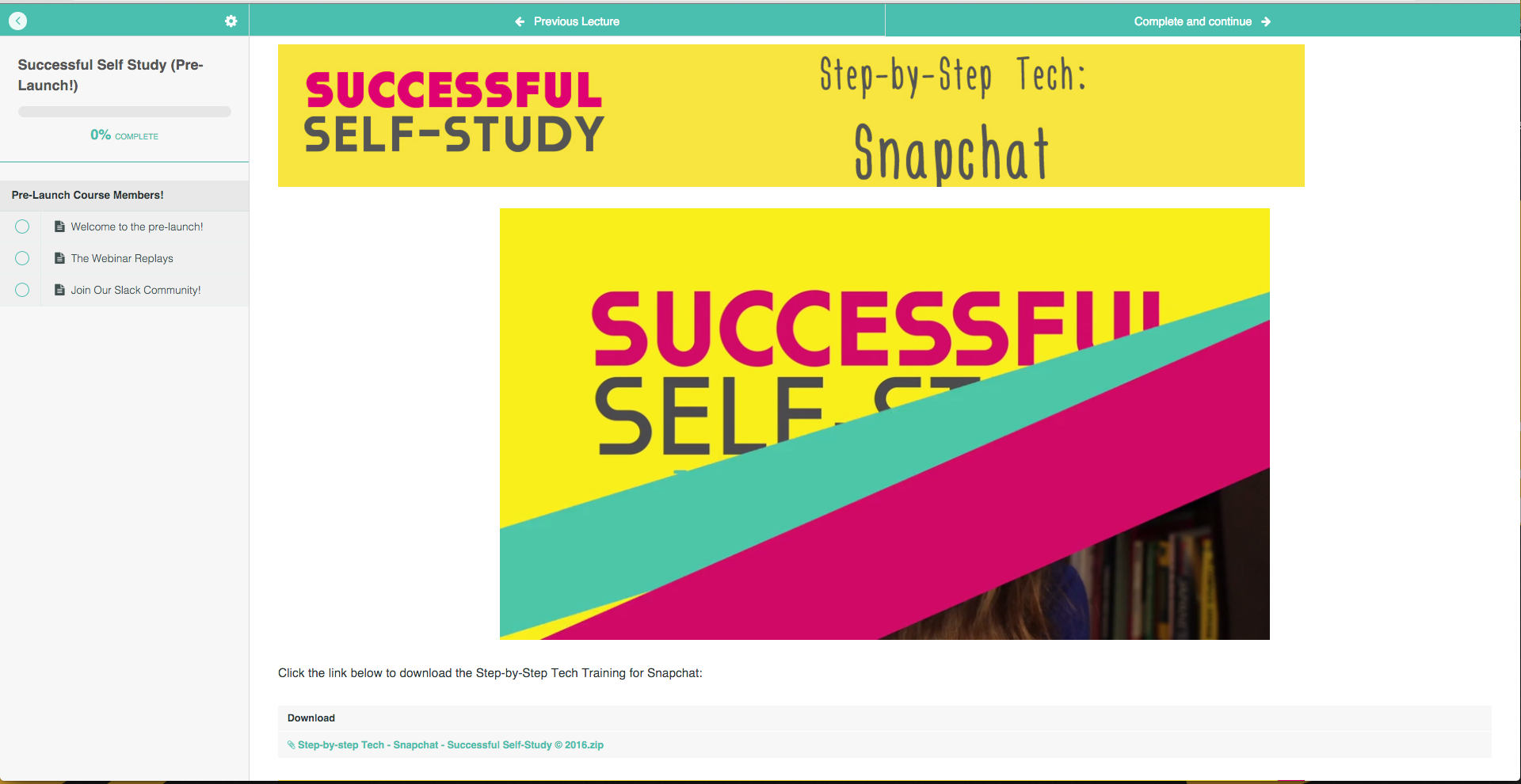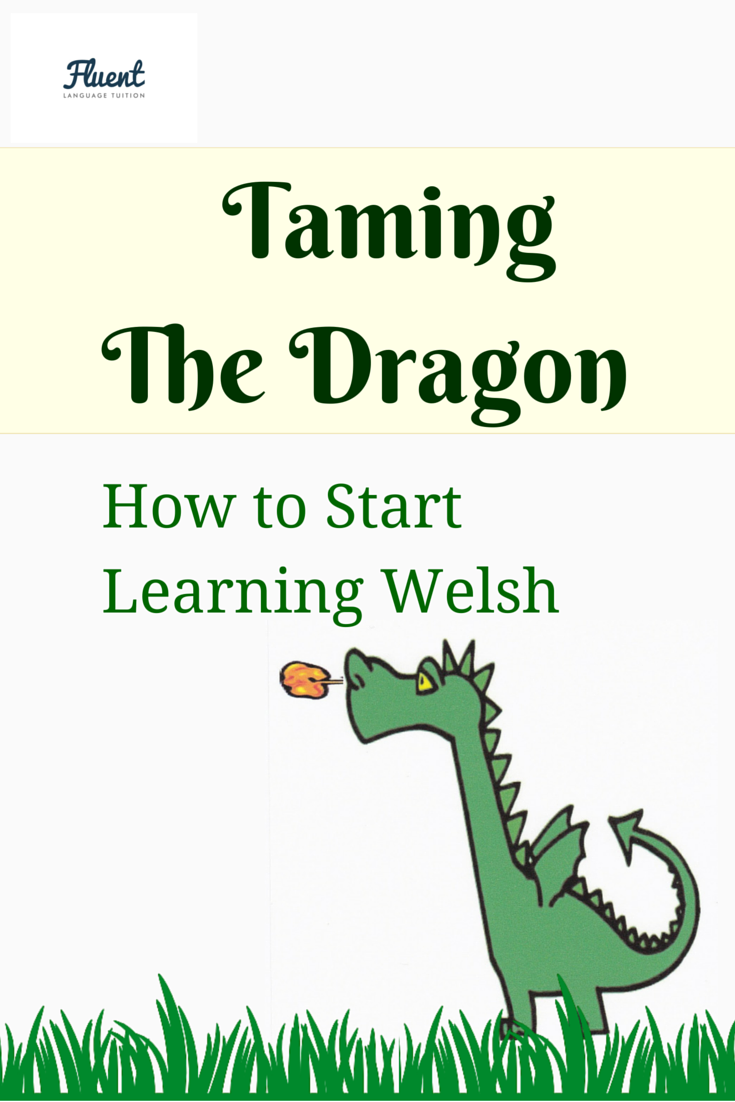Let's hear it for the structure, the building blocks and road maps of language in my blog's grammar ♥︎ season. Exploring language patterns gives you depth, context, and answers.
Today I'm sharing a handful of ways in which you can become a better language learner without ever memorizing a whole verb table.
How Can Grammar Be Your Ally When Motivation Goes South?
Language learning follows the curve of excitement that you can find in many new projects. First there is a real burst of activity and motivation, bumping you up to emotional highs. This is where app streaks get completed, flashcards are interesting, and you're out there telling the world about your project. It is the perfect time to buy stationery.
After a little bit of time, your notebook is half full and your brain feels tired. Progress becomes invisible. The first burst of excitement gives way to a recognition of the gaps that you still have, and you find yourself having to memorize quite a lot in a short time. It gets frustrating, demotivating, it kinda sucks. This is where you go online and read my blog and I tell you that you're awesome and you must! not! stop!
The frustration point is where discipline and organization have to kick in.What you might not realize is that this very point of plateau is the perfect time to start speaking to people in your target language. You might not be entirely ready yet, but that's ok. Perfection isn't required anyway.
If you have only been studying stock phrases and vocabulary so far, you will reach that point of plateau with NOTHING.
But with just a small amount of key grammar structures like knowing how to say a sentence in the present tense, or how to ask a question, your range of expression will become immense. This is the magic of using grammar as your roadmap.
How Can You Learn and Remember Grammar Structures?
I know how bloody boring all grammar can be if you study it in the wrong way. In fact, I know that even the word "grammar" sounds like an instant yawn.
But maybe you can find a way of sneaking in a little bit of that goodness without losing all will to exist. Here are 5 steps that work for me every time, and I know that you'll feel so much better once you get going with them.
1. Observe and Record
Observing natural inputs is one of your biggest allies for developing the right feel for a language. Learners from anywhere can use the internet to do this in millions of ways. My own students do it by listening to the news on their drive to work, tuning in to German podcasts, or watching cool German TV shows like Deutschland 83.
Classic ideas to get you started:
- Play Pattern Bingo by making a note of any sentence you spot in one week that follows a rule you've recently learnt.
- If you're reading, work with a colour-coding system, for example the traffic light system. Constructions you know are in green, the ones you aren't sure about are in yellow, and the ones where you're completely lost are in red. And don't worry. Everyone's got an all-red page at some point.
2. Cut the Negative Talk
Negative self-talk in language learning is nobody's friend. So the more you dread the g-word and the more you resist, the harder it gets to make sense of even the most basic structures. Just like we're doing here in grammar ♥︎ season, it's helpful to create an atmosphere of positivity in your language learning.
For a few ideas about how exactly you might do this when faced with a conjugation rule, try Fluent's fabulous set of language affirmations.
3. Force Yourself to Speak or Write..
It doesn't matter where you live, or if you can afford lessons, or if you are an eskimo living on the moon. As soon as you observe a new pattern, challenge yourself to use it quickly and make it your own. You should be writing or speaking at least 3 sentences in your target language every day. In a guided scenario, you have a tutor or a great course to prompt what you are working on. But it's just as good to take the notes you made in point 1 of this list and start building your own variations on set pieces.
4. ...and Get Feedback
Yep, even though you're now producing language you're not even done yet. Whatever you write, say or record has got to go out to another human. Find a person that you trust to make you feel positive and support you fully in the language learning journey. They should not be allowed to make you feel bad for making mistakes.
My advice is always to make that person someone who has studied your target language extensively, ideally a 1-to-1 tutor. The reason is that whenever you make a mistake, your curiosity perks up. You'll want to know more, and good teaching means explaining how something works, and prompting you gently so that you can do it correctly and adopt new patterns.
5. Leave Grammar Books to Your Tutor
By now, you've probably learnt that the most important killer trick for learning grammar is to leave the hard study to your tutor. If they are good, and if they are as fanatic about language as possible, then they may already have read the book from cover to cover. The key here is that the tutor is a great resource for you, because it creates a trusted environment where someone can explain to you why the language behaves a certain way.
Wield That Grammar Force
I haven't seen a lot of Star Wars. But as a pop culture aware person, I do know one thing: Star Wars films talk a lot about the Force. Wikipedia tells you:
The Force is a binding, metaphysical, and ubiquitous power.
The story of the force contains a dark side, of course. You can't just go and start wielding it all willy-nilly or you'll end up like that guy Darth Vader.
Now, I admit that knowing how to name words and conjugate verbs isn't exactly going to power anyone's lightsabre. But just like the Force, the key to mastering grammar is in learning how to use it for your own purposes.
Some learners are curious and want to know the exact rules of language. Others just want to get a feeling for how to do things correctly.
Which one are you?










